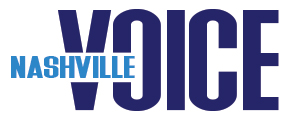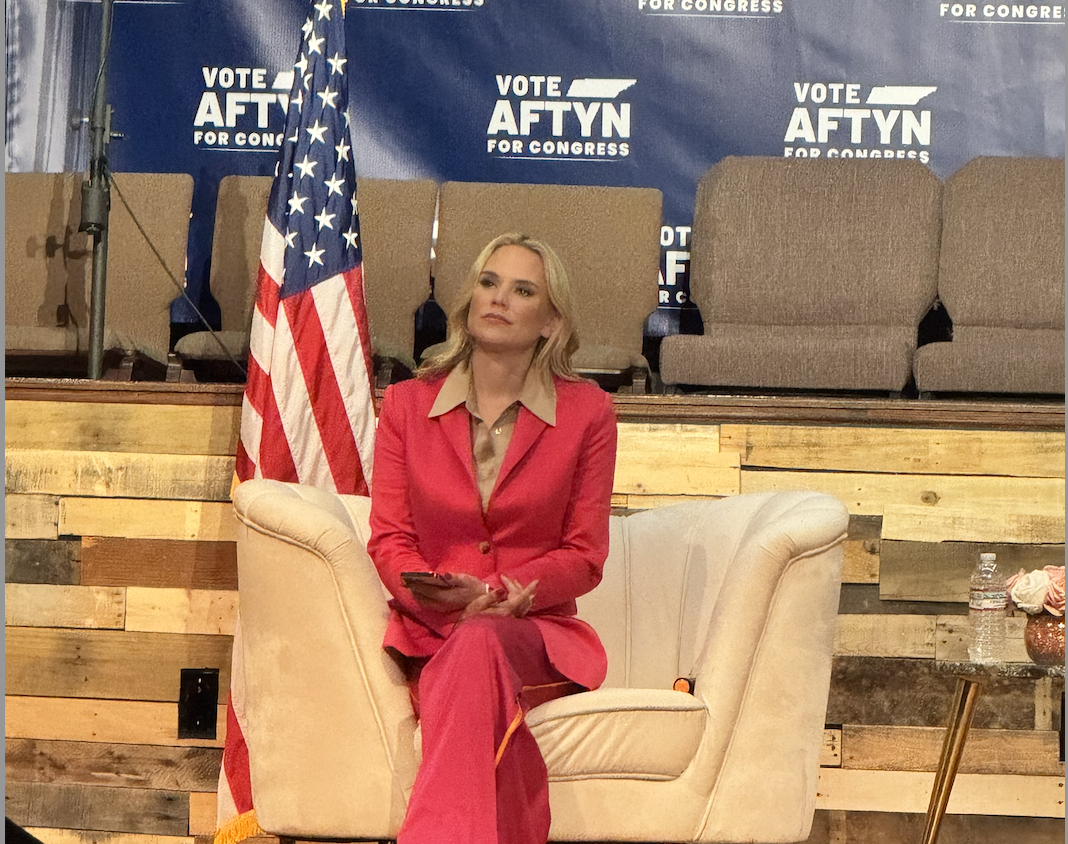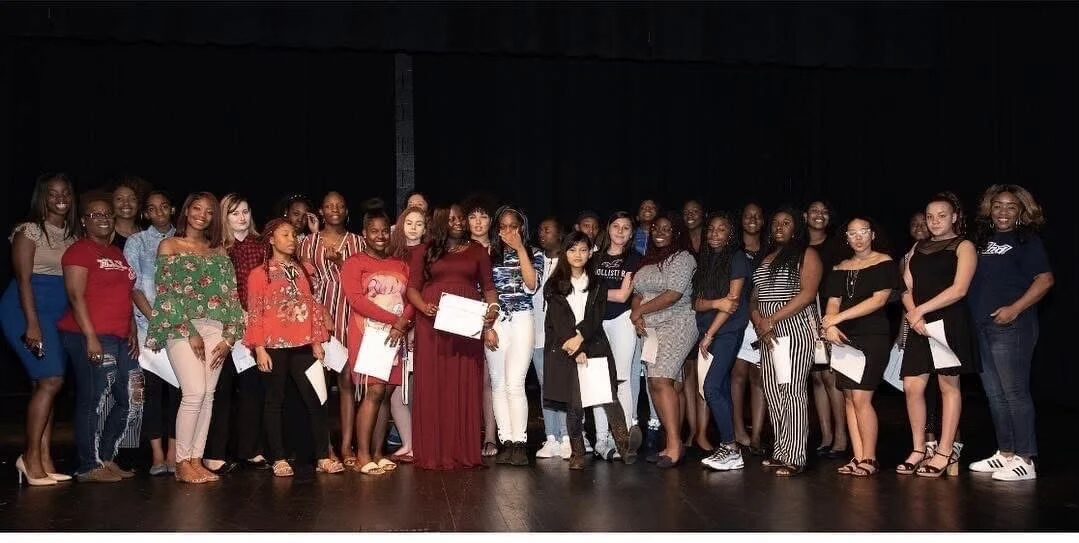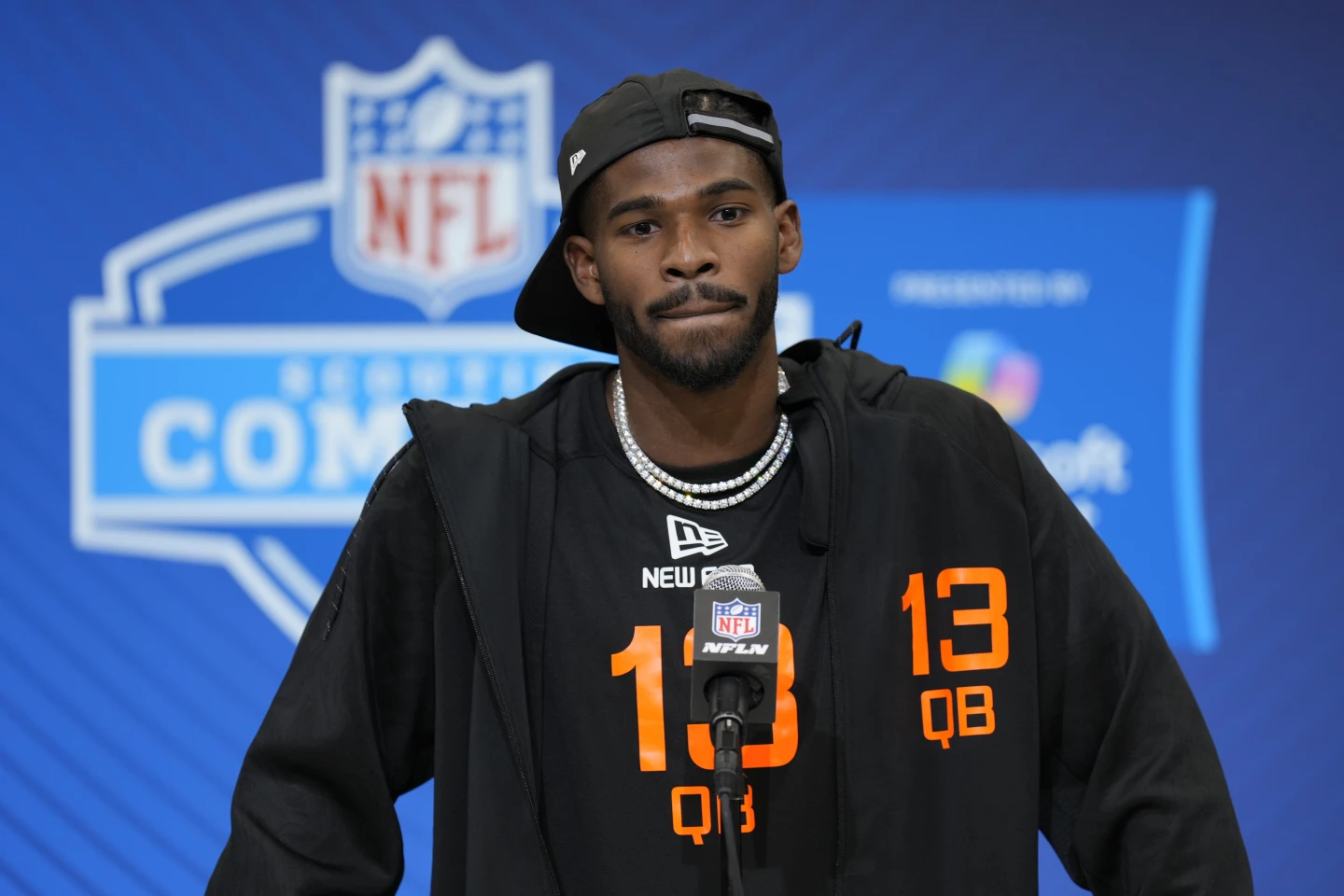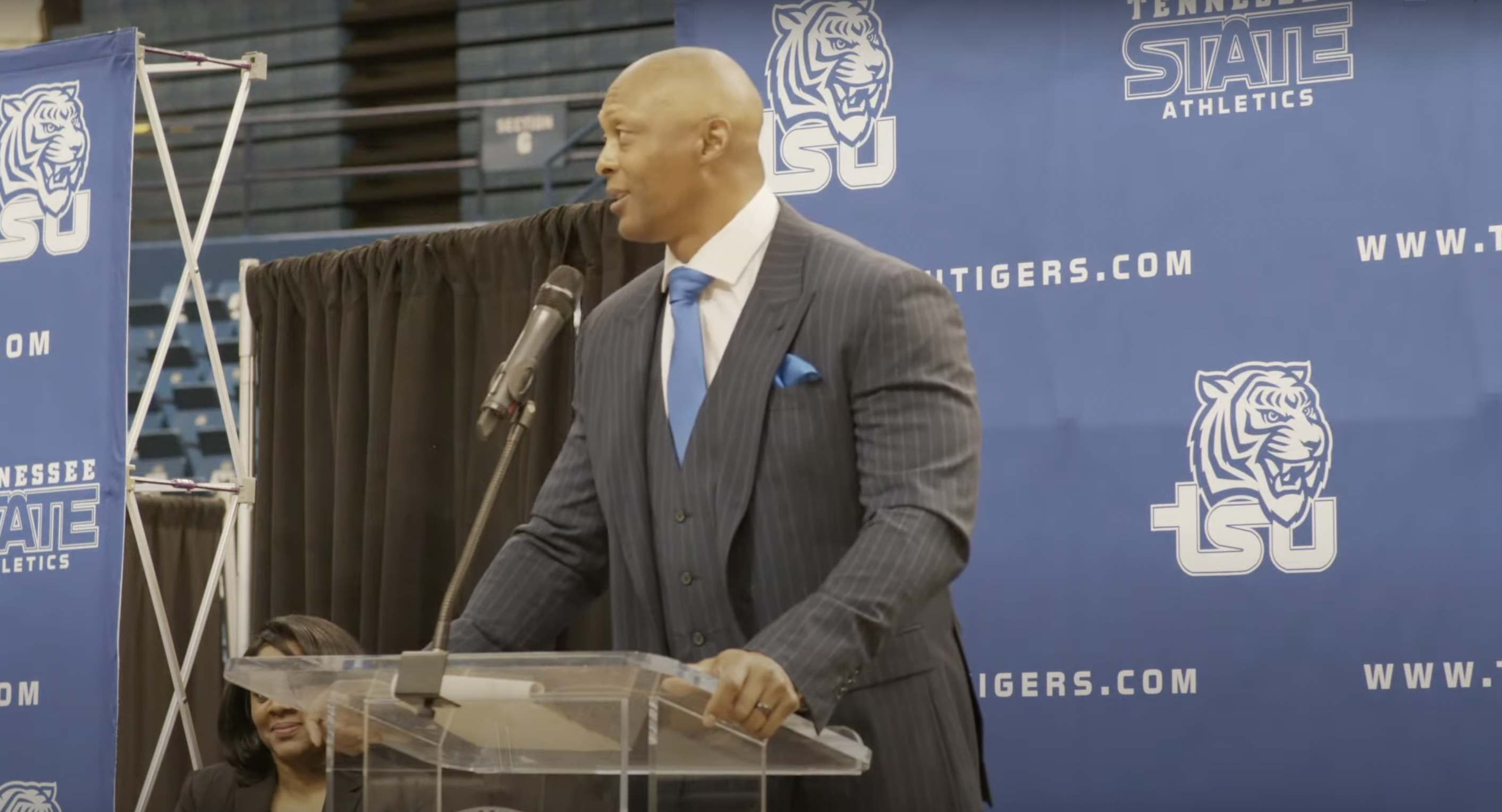Among the 200 community members and more than 30 elected officials that filled Belmont’s Ayers Conference room for the annual Metro Minority Caucus Reception, were local students representing major universities in Nashville and beyond. Several students from Fisk, Duke, and Vanderbilt University, who are interested in local politics and the city’s power dynamics attended the February 24th event.
Councilwoman Sharon Hurt introduced the minority agenda by naming some of Nashville’s most pressing challenges. At the top of the agenda Hurt called attention to the issues of affordability, economic inclusion and healthcare. In a room full of the city’s most important figures, including several judges and council members, the Mayor, Vice Mayor, and Chief of Police, Hurt expressed the importance of addressing these concerns, as Nashville becomes an increasingly significant player in the national and global economies.
Discussions regarding equitable economic development were a major theme of the night, and the topic fell in line with Jackson Mayor Chokwe Antar Lumumba’s message, who was the keynote speaker at the event. Lumumba acknowledged how disparities in economic development exacerbate inequality and isolated communities.
Several local students made it a priority to engage in this important conversation about Nashville’s future. Jewel Johnson, a graduating senior Political Science major at Fisk University attended the event, in part because she believes “events like the Minority Caucus reception are necessary and have the potential to increase political interest in young adults.” Johnson also says she was inspired by how many political leaders showed up to participate in Nashville’s biggest political event of the year.
Jonelle Christopher, who is also a Fisk University Political Science major, stated, “it’s important to meet the leaders and representatives who hold power and make decisions for our community.” She called Lumumba’s speech “empowering,” saying his example inspired her to continue fighting against oppression.
As Nashville gears up to become a “Model City” establishing a relevant agenda and engaging local young adults will be crucial to shaping the city’s future.
